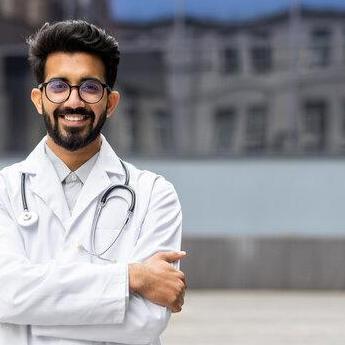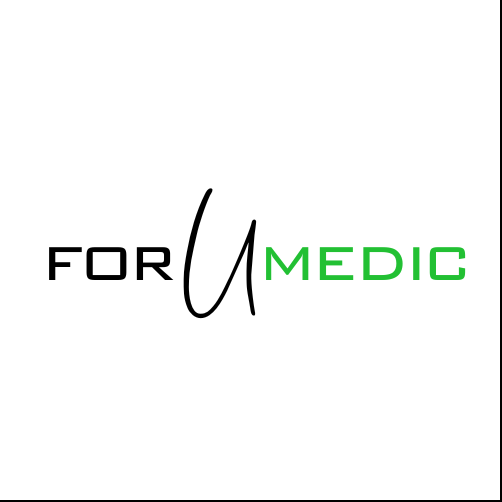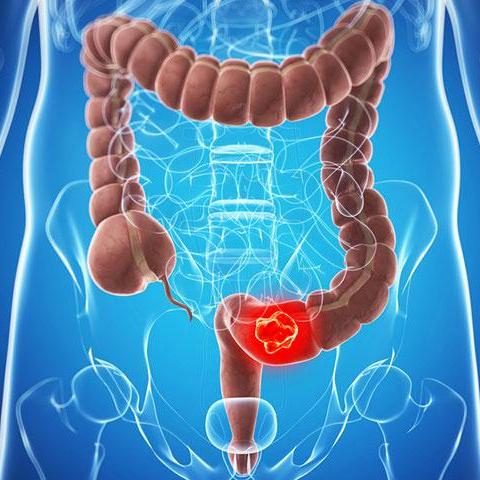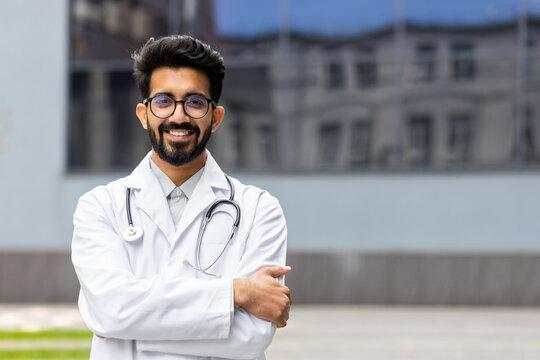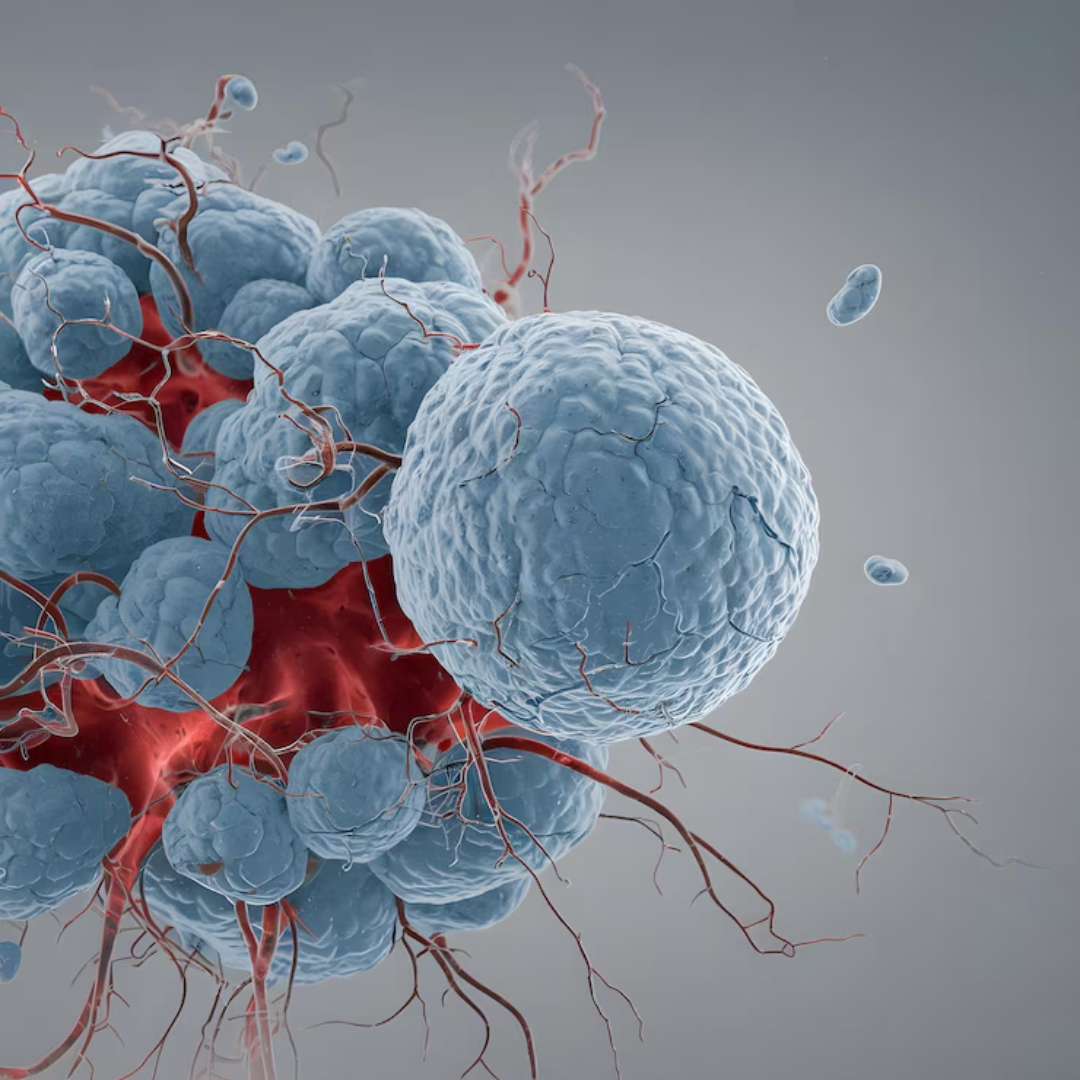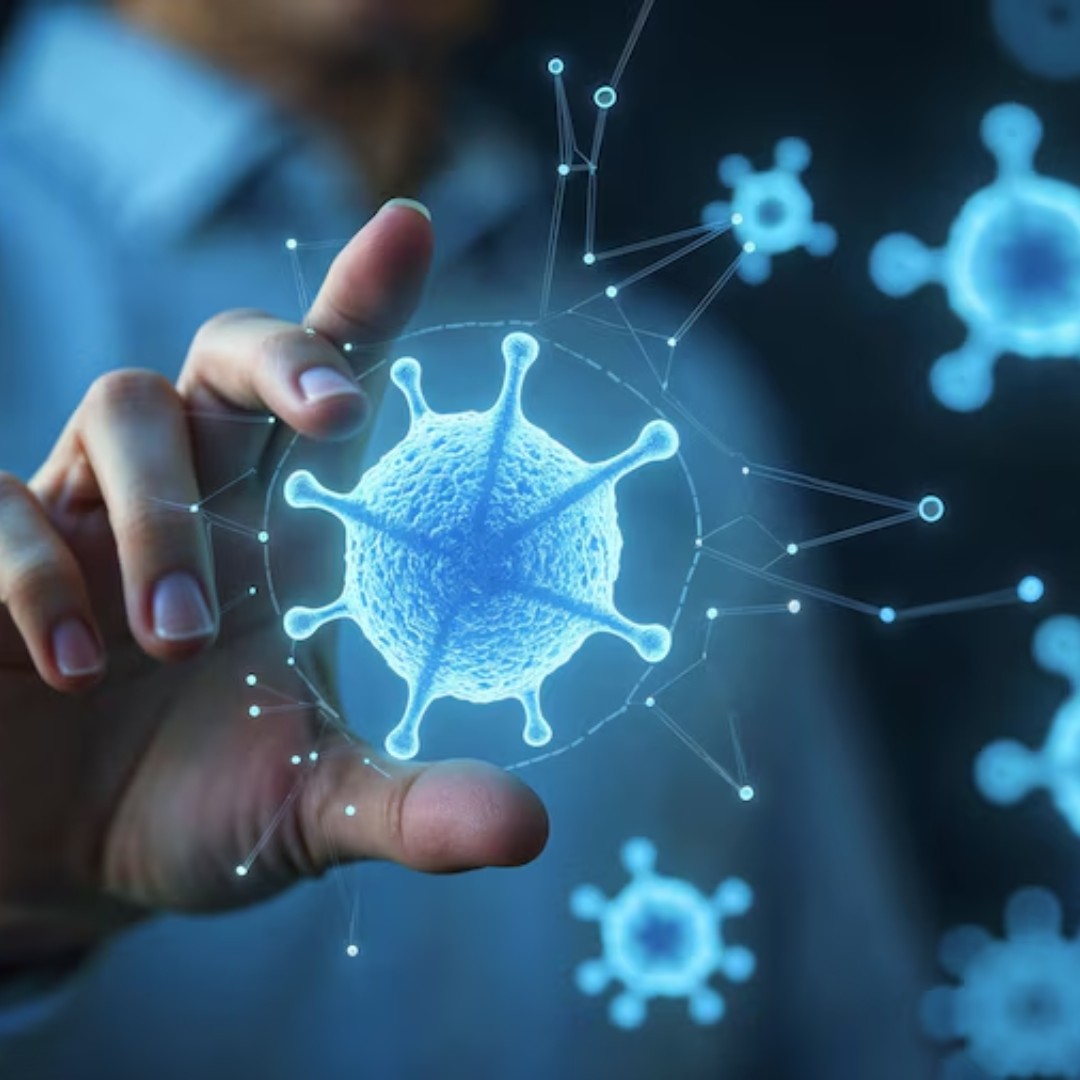Recent Updates
-
“I don’t treat cancer. I treat the person carrying it.”
– A day in the life of an oncologist
Every day I walk into my clinic, I remind myself:
Cancer is not a statistic.
It’s someone’s father, sister, teacher, best friend.
The scans speak science.
But their eyes speak fear.
And my role is not just protocols — it's presence.
I’ve seen stage IV patients outlive expectations,
And early-stage ones lose hope too early.
That’s why oncology is not just about the disease.
It’s about conversations — tough, truthful, tender.
Here’s what we’re getting better at:
Early detection through AI-based imaging
Targeted therapy that spares what chemo couldn’t
Palliative care that’s proactive, not reactive
Psych-oncology – because the mind needs healing too
But what we need more of?
👂 Listening.
Research.
🫂 Human-first platforms where patients feel seen, not processed.
Cancer is complex. But dignity shouldn’t be.
Let’s bring that into the center of care.
#OncologyWithEmpathy #CancerCareIndia #OncologistVoice #DignityInDiagnosis #HealingBeyondHospital #DigitalHealth #CancerSupportNetwork #HealthcareWithHeart #PrecisionOncology #Dseide“I don’t treat cancer. I treat the person carrying it.” – A day in the life of an oncologist Every day I walk into my clinic, I remind myself: Cancer is not a statistic. It’s someone’s father, sister, teacher, best friend. The scans speak science. But their eyes speak fear. And my role is not just protocols — it's presence. I’ve seen stage IV patients outlive expectations, And early-stage ones lose hope too early. That’s why oncology is not just about the disease. It’s about conversations — tough, truthful, tender. Here’s what we’re getting better at: ✔️ Early detection through AI-based imaging ✔️ Targeted therapy that spares what chemo couldn’t ✔️ Palliative care that’s proactive, not reactive ✔️ Psych-oncology – because the mind needs healing too But what we need more of? 👂 Listening. 🧠 Research. 🫂 Human-first platforms where patients feel seen, not processed. Cancer is complex. But dignity shouldn’t be. Let’s bring that into the center of care. #OncologyWithEmpathy #CancerCareIndia #OncologistVoice #DignityInDiagnosis #HealingBeyondHospital #DigitalHealth #CancerSupportNetwork #HealthcareWithHeart #PrecisionOncology #Dseide0 Comments 0 Shares 5K Views15 Please log in to like, share and comment!
Please log in to like, share and comment! -
-
🧡 Healing Through Everyday Habits – For Cancer Patients
Cancer is not just a physical battle – it’s emotional, nutritional, and spiritual.
While doctors handle the medical part, here are a few comforting habits patients and caregivers can practice at home:
🛌 Rest, Not Just Sleep
Take slow days without guilt.
Listen to your body and honour fatigue – it's your body healing.
🍲 Nourishment, Not Just Calories
Focus on soft, warm meals: khichdi, boiled vegetables, daal water.
Add turmeric, cumin, ajwain – traditional Indian spices that reduce gut inflammation.
🫂 Connection Over Isolation
Regular conversations with family, friends, or cancer support groups can uplift mood and reduce fear.
Laughter truly can be medicine.
🌱 Ayurvedic Support (with doctor approval)
Triphala for mild constipation
Ashwagandha or Brahmi for energy and anxiety
Turmeric milk at night (if no kidney/liver complications)
🧘 The Power of Breath
Anulom-Vilom (alternate nostril breathing)
Bhramari (humming breath) for calming nerves
Practiced just 5 minutes daily, these can improve sleep and reduce chemo stress.
📿 Spiritual Grounding
Be it chanting, prayer, music, or quiet journaling, anchoring oneself emotionally brings clarity.
🧡 Healing Through Everyday Habits – For Cancer Patients Cancer is not just a physical battle – it’s emotional, nutritional, and spiritual. While doctors handle the medical part, here are a few comforting habits patients and caregivers can practice at home: 🛌 Rest, Not Just Sleep Take slow days without guilt. Listen to your body and honour fatigue – it's your body healing. 🍲 Nourishment, Not Just Calories Focus on soft, warm meals: khichdi, boiled vegetables, daal water. Add turmeric, cumin, ajwain – traditional Indian spices that reduce gut inflammation. 🫂 Connection Over Isolation Regular conversations with family, friends, or cancer support groups can uplift mood and reduce fear. Laughter truly can be medicine. 🌱 Ayurvedic Support (with doctor approval) Triphala for mild constipation Ashwagandha or Brahmi for energy and anxiety Turmeric milk at night (if no kidney/liver complications) 🧘 The Power of Breath Anulom-Vilom (alternate nostril breathing) Bhramari (humming breath) for calming nerves Practiced just 5 minutes daily, these can improve sleep and reduce chemo stress. 📿 Spiritual Grounding Be it chanting, prayer, music, or quiet journaling, anchoring oneself emotionally brings clarity.0 Comments 0 Shares 5K Views 15
15
-
🏡 Supportive Home Remedies During Cancer Care (Oncology)
Cancer treatment can take a toll on the body and mind. While medical therapy remains central, some natural, home-based practices may help patients feel stronger, calmer, and more nourished.
🌿 1. Ginger & Lemon Water
Helps manage nausea caused by chemotherapy. Sipping warm water with grated ginger and a few drops of lemon can soothe the stomach.
🥦 2. Nutrient-Dense, Soft Meals
Opt for cooked vegetables, khichdi, porridge, or soups — they are easier to digest and gentle on the gut. Cruciferous veggies (like broccoli and cabbage) are rich in antioxidants.
🧘🏽 3. Gentle Yoga or Breathing Exercises
Daily breathing or light stretching (as per strength) can reduce fatigue, anxiety, and improve blood flow.
4. Sunlight & Vitamin D
Short exposure to early morning sun helps boost mood and immunity. If indoors, Vitamin D-rich foods like fortified milk, eggs, and mushrooms are helpful.
🌻 5. Herbal Teas (Tulsi, Chamomile)
Support relaxation and reduce treatment-related stress. However, always confirm with your doctor before taking herbal supplements.
💧 6. Hydration
Staying hydrated helps flush toxins, reduce treatment side effects, and maintain energy levels.
7. Emotional Support & Sleep Hygiene
Sound sleep, journaling, family support, and mindfulness are crucial parts of healing.
Disclaimer: These remedies are supportive and should not replace clinical treatment. Always consult your oncologist before making any dietary or lifestyle changes during treatment.🏡 Supportive Home Remedies During Cancer Care (Oncology) Cancer treatment can take a toll on the body and mind. While medical therapy remains central, some natural, home-based practices may help patients feel stronger, calmer, and more nourished. 🌿 1. Ginger & Lemon Water Helps manage nausea caused by chemotherapy. Sipping warm water with grated ginger and a few drops of lemon can soothe the stomach. 🥦 2. Nutrient-Dense, Soft Meals Opt for cooked vegetables, khichdi, porridge, or soups — they are easier to digest and gentle on the gut. Cruciferous veggies (like broccoli and cabbage) are rich in antioxidants. 🧘🏽 3. Gentle Yoga or Breathing Exercises Daily breathing or light stretching (as per strength) can reduce fatigue, anxiety, and improve blood flow. ☀️ 4. Sunlight & Vitamin D Short exposure to early morning sun helps boost mood and immunity. If indoors, Vitamin D-rich foods like fortified milk, eggs, and mushrooms are helpful. 🌻 5. Herbal Teas (Tulsi, Chamomile) Support relaxation and reduce treatment-related stress. However, always confirm with your doctor before taking herbal supplements. 💧 6. Hydration Staying hydrated helps flush toxins, reduce treatment side effects, and maintain energy levels. ❤️ 7. Emotional Support & Sleep Hygiene Sound sleep, journaling, family support, and mindfulness are crucial parts of healing. ⚠️ Disclaimer: These remedies are supportive and should not replace clinical treatment. Always consult your oncologist before making any dietary or lifestyle changes during treatment.0 Comments 0 Shares 5K Views19
-
“Not All Battles Are Visible — But Some Begin at the Cellular Level”“Not All Battles Are Visible — But Some Begin at the Cellular Level”0 Comments 0 Shares 7K Views20

-
-
🎗️ Oncology: The Science of Cancer Care and Treatment
Oncology is the branch of medicine that deals with the prevention, diagnosis, and treatment of cancer. Oncologists work across specialties to manage care, improve survival, and support the overall well-being of patients.
🔍 Types of Oncology:
Medical Oncology: Treats cancer using chemotherapy, immunotherapy, and targeted therapy.
Surgical Oncology: Performs surgeries to remove tumors and affected tissues.
Radiation Oncology: Uses high-energy radiation to destroy or shrink cancer cells.
Pediatric Oncology: Focuses on cancers in children and adolescents.
Hematologic Oncology: Specializes in blood cancers like leukemia, lymphoma, and myeloma.
Common Warning Signs of Cancer:
Unexplained weight loss
Persistent fatigue
Lumps or swelling
Changes in skin or moles
Chronic pain or bleeding
Unusual discharge or changes in bathroom habits
Early detection greatly improves treatment outcomes.
🩺 Cancer Prevention & Health Tips:
Avoid tobacco and limit alcohol
Eat a diet rich in fruits, vegetables, and fiber
Stay physically active and maintain a healthy weight
Protect your skin from excessive sun exposure
Get regular screenings (PAP smear, mammogram, colonoscopy, etc.)
Know your family history and consult doctors about genetic risk
🎗️ Cancer is not always preventable, but it is often treatable.
With advancements in oncology, early detection, personalized therapies, and holistic care offer patients better chances at recovery and quality of life.
🎗️ Oncology: The Science of Cancer Care and Treatment Oncology is the branch of medicine that deals with the prevention, diagnosis, and treatment of cancer. Oncologists work across specialties to manage care, improve survival, and support the overall well-being of patients. 🔍 Types of Oncology: Medical Oncology: Treats cancer using chemotherapy, immunotherapy, and targeted therapy. Surgical Oncology: Performs surgeries to remove tumors and affected tissues. Radiation Oncology: Uses high-energy radiation to destroy or shrink cancer cells. Pediatric Oncology: Focuses on cancers in children and adolescents. Hematologic Oncology: Specializes in blood cancers like leukemia, lymphoma, and myeloma. ⚠️ Common Warning Signs of Cancer: Unexplained weight loss Persistent fatigue Lumps or swelling Changes in skin or moles Chronic pain or bleeding Unusual discharge or changes in bathroom habits Early detection greatly improves treatment outcomes. 🩺 Cancer Prevention & Health Tips: Avoid tobacco and limit alcohol Eat a diet rich in fruits, vegetables, and fiber Stay physically active and maintain a healthy weight Protect your skin from excessive sun exposure Get regular screenings (PAP smear, mammogram, colonoscopy, etc.) Know your family history and consult doctors about genetic risk 🎗️ Cancer is not always preventable, but it is often treatable. With advancements in oncology, early detection, personalized therapies, and holistic care offer patients better chances at recovery and quality of life.0 Comments 0 Shares 6K Views20
More Stories



